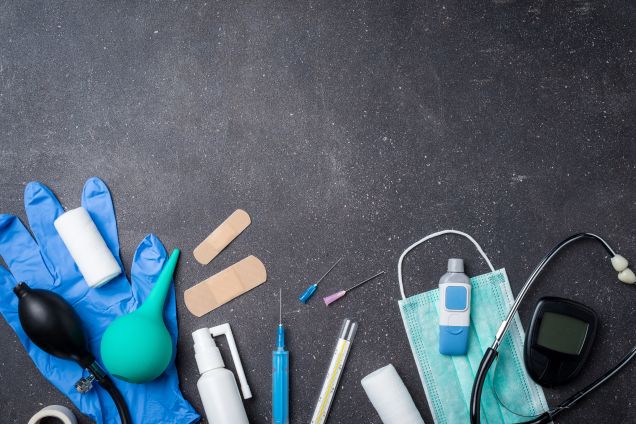The U.S. Food and Drug Administration (FDA) issued a press release detailing its continued efforts to prevent the sale of misbranded, adulterated, or otherwise illegal drug and device products in the United States. This includes a court ordered seizure of 4,229 Internet domain names for selling misbranded or adulterated products. Understanding what makes a product misbranded or adulterated is necessary to keep your products compliant and unaffected by FDA’s increased enforcement.
FDA reviews the claims and ingredients of products it regulates closely to keep misbranded or adulterated products out of the U.S. market where they could potentially harm consumers. Any product deemed misbranded or adulterated by FDA can be subject to regulatory action such as detentions, suspensions of registration, or being placed on import alert.
Misbranding of Products
FDA has strict rules on what kinds of claims a product can make and what information can be included on the labeling. Certain claims, such as disease claims that state a product can cure or prevent a disease or ailment, must be approved by FDA. When products such as food or dietary supplements make these kinds of claims, FDA requires them to adhere to drug regulations. FDA considers all advertising and web pages for a product in evaluating whether a product is making a claim that requires to be regulated as a drug.
Any deviation from FDA’s strict and expansive labeling rules can result in a product being considered misbranded.
FDA Approval for Drugs and Devices
FDA requires the approval of some drug products being marketed in the United States. When producing a drug product, you must first determine whether it falls under an existing monograph or is considered a new drug product. A monograph is a set of established rules for an existing drug product that identifies ingredients that are generally recognized as safe and effective (known as GRASE) for a given use, as well as testing, labeling, and other requirements to bring the product to market. Only ingredients that fall under GRASE are permissible in drug products. Having unapproved ingredients in your drug product without an approved application can result in the product being considered adulterated by FDA.
Drugs that fall under a monograph do not require approval. For drugs that do not fall under an existing monograph, companies must file for approval directly with FDA. The approval process establishes whether the product is safe and effective, has appropriate labeling, and can be consistently manufactured safely.
Class III and some Class II medical devices also require approval before being marketed in the United States. These devices require premarket approval (PMA); obtaining PMA involves rigorous testing to ensure the safety of the device. FDA considers drugs and devices marketed without required approval to be adulterated.
FDA has strengthened their efforts towards limiting unapproved drug and device products in the U.S., making it pertinent to comply now before an issue arises. Compliance issues can cause expensive delays and even criminal charges in extreme cases.
Registrar Corp is a private company that assists businesses in complying with FDA regulations. Registrar Corp’s Regulatory Advisors can help determine if your product’s labeling and ingredients are compliant with FDA regulations. We can also help determine whether your product requires approval from FDA. For more information, call us at +1-757-224-0177 or chat with a Regulatory Advisor 24-hours a day at regstaging.wpengine.com/livehelp.


